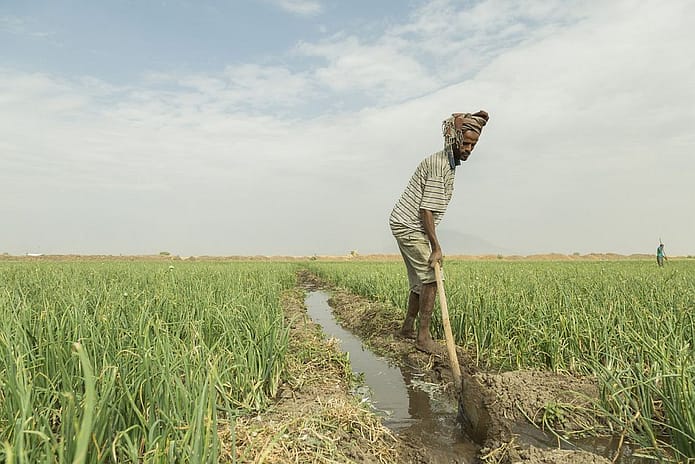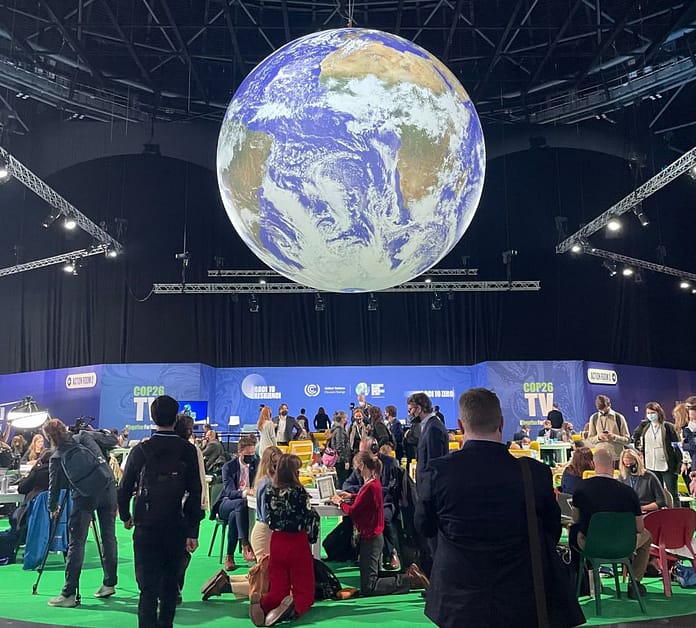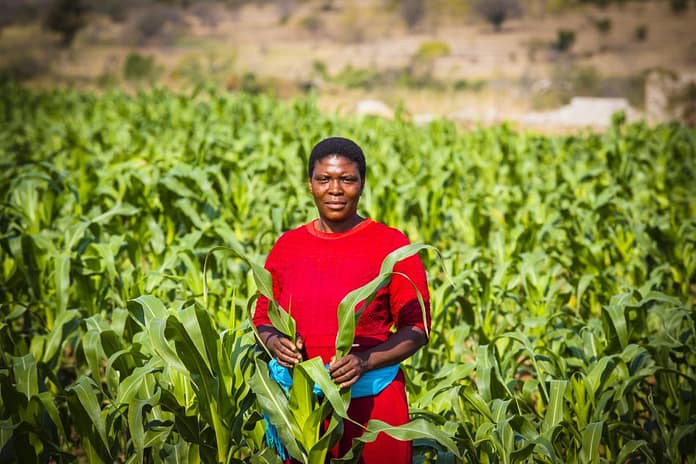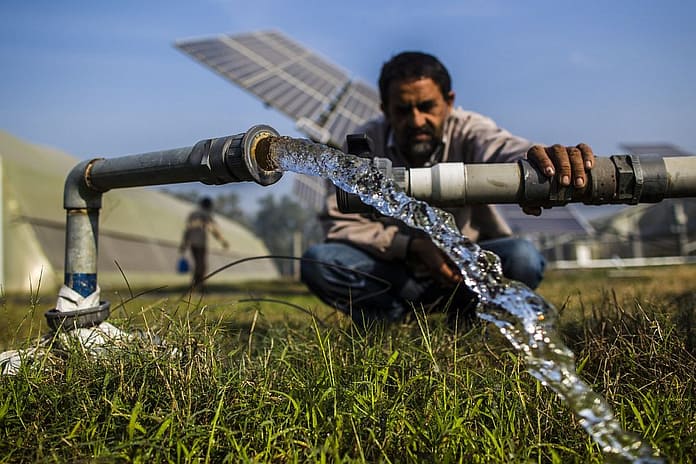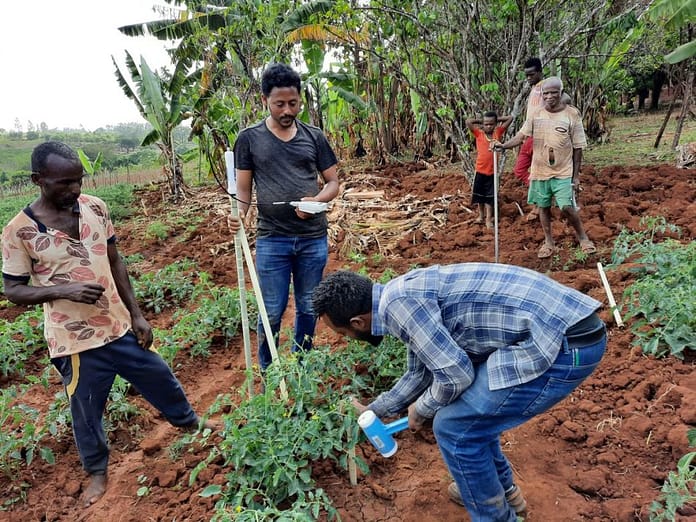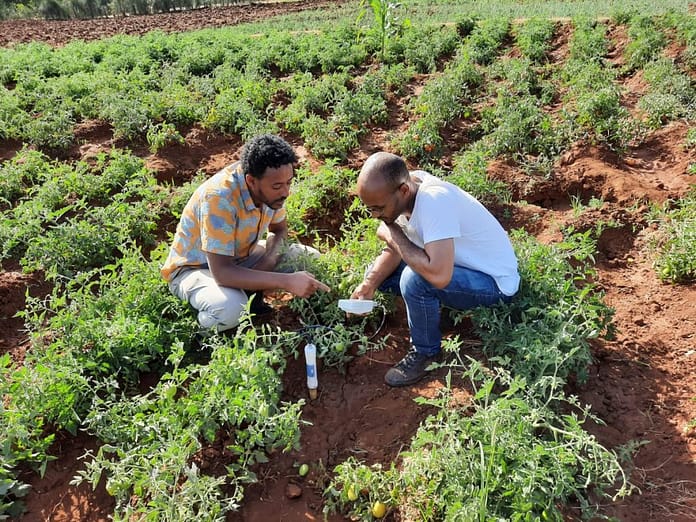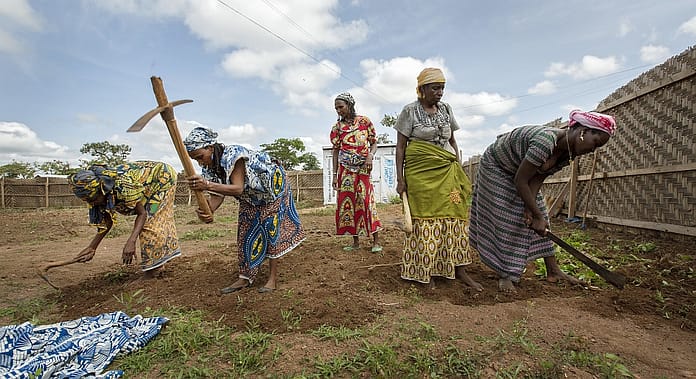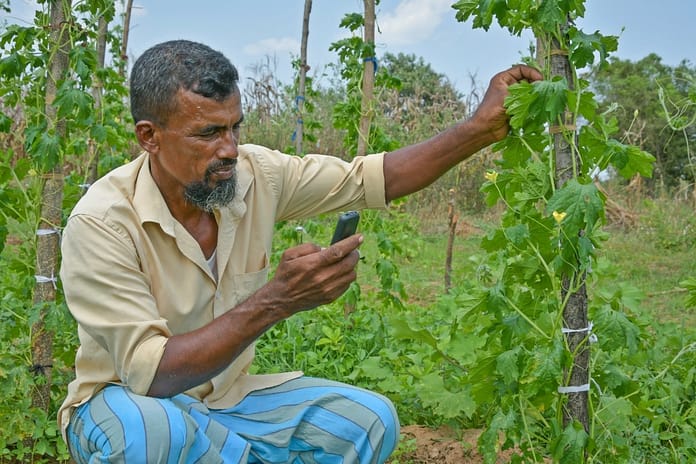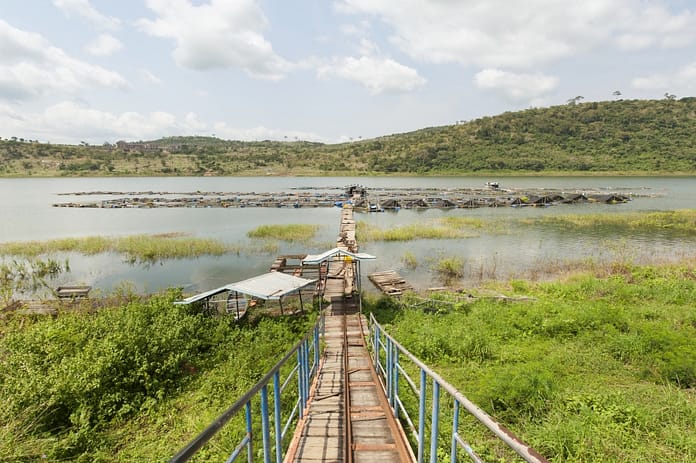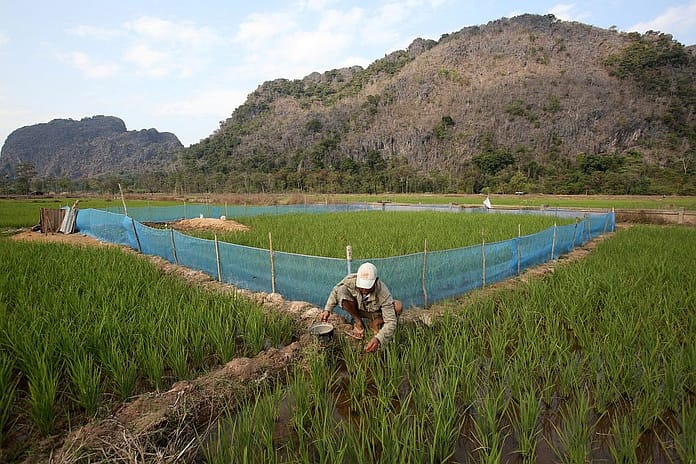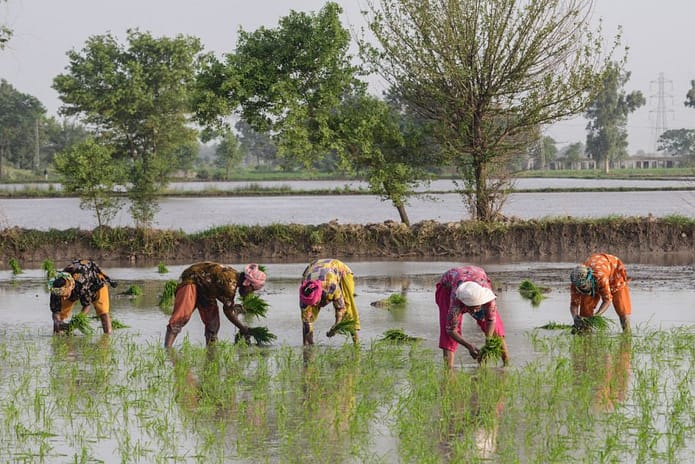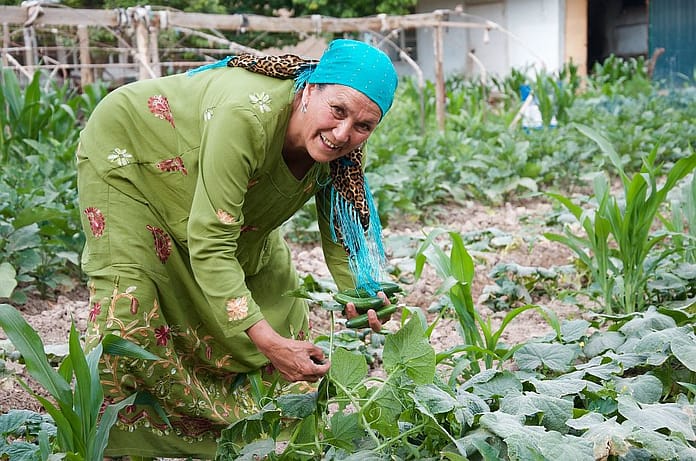IWMI, working with the Network of Women Water Professionals and the Women for Water Partnership, organized a meeting on “Gender, Agricultural Water and ‘Big Data’: Practical steps and forwards thinking under the SDGs”, in Marawila, Sri Lanka, on October 12, 2015. Some 30 attendees from 20 countries in Africa, South Asia, Europe, USA and South America discussed gender, water and data issues from a specific agricultural water management angle.
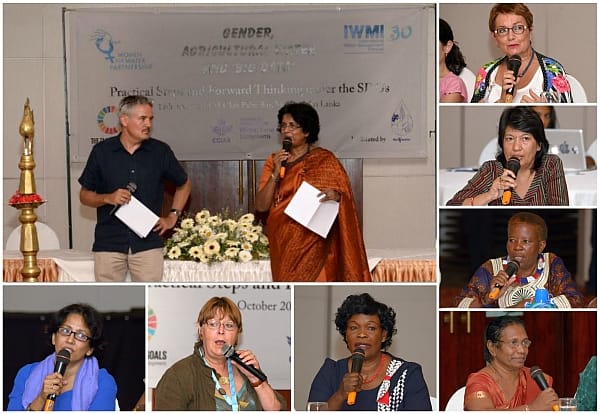
The workshop provided a platform for participants to share knowledge and related experience from respective geographical regions, but also from a diverse professional backgrounds. IWMI’s Alan Nicol presented on the experience of data use in the WLE-led 4 Basin Gender Profiles project (4BGP) which over a period of two years, has addressed ways of mining, presenting and using data in the Ganges, Mekong, Nile and Volta river basins.
Participants addressed key question, including:
- How can we develop and use big data sets to more effectively address the issues of gender and development in water resources management?
- What existing new platforms, networks and processes are needed to take the agenda forward and support the achievement of SDGs?
Discussions zeroed in on recommendations including achieving greater data harmonization and making use of already existing data from all levels. Additional points included, determining information quality and accuracy, ensuring gender-disaggregation of data, using up-to-date data, knowing how to market gender sensitive indicators, and making governments and NGOs aware of the criteria and need for coordination.
[slideshare id=54291296&doc=genderagriculturalwaterandbigdata-151023060940-lva1-app6891]

